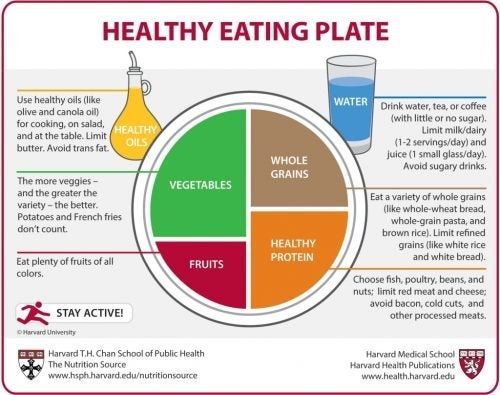Health Professionals Follow-Up Study
The Health Professionals Follow-Up Study (HPFS) evaluates how nutrition impacts men’s health and correlates to the incidence of serious illnesses, including cancer and heart disease.
677 Huntington Avenue
Boston, MA 02115
Welcome to HPFS!
About The Health Professionals Follow-Up Study
The Health Professionals Follow-Up Study (HPFS) was created to evaluate a series of hypotheses about how nutritional factors impact men’s health and correlate to the incidence of serious illnesses, such as cancer, heart disease, and vascular diseases. This all-male study is designed to complement the all-female Nurses’ Health Study, which examines similar hypotheses. The HPFS is sponsored by Harvard T.H. Chan School of Public Health and is funded by the National Cancer Institute.
Support Harvard Chan School
Every gift contributes to our mission of building a world where everyone can thrive. To learn more about how you can support The Health Professionals Follow-Up Study, please contact Harvard Chan Development Office at giving@hsph.harvard.edu.
If giving at the link below, please note that your gift is for “Friends of Health Professionals Follow- Up Study Fund”
The study began in 1986, when Principal Investigator Walter Willett and colleagues enlisted 51,529 health professionals who identified as males to participate in the study. The researchers focused their work on health professionals, who they believed would be committed to regularly and honestly participating in this long-term project. The group is composed of dentists, pharmacists, optometrists, osteopath physicians, podiatrists, and veterinarians.
Today, the HPFS cohort consists of nearly 20,000 active participants. Every two years, members of the study receive questionnaires asking about disease occurrences and health-related topics like smoking, physical activity, and medications taken. Every four years, participants receive questionnaires that ask for detailed dietary information. Given the longevity of the study and the continued valuable participation of our cohort, we are increasing our efforts to address issues of great importance to older men, such as how to maintain cognitive function and maximize quality of life.
Since its inception, data produced from this study has been cited in thousands of published research articles produced by scientists, both at Harvard and around the globe.
News and Recent Research Highlights
- The role of sodium or “salt” in the diet for heart disease prevention has been long debated by scientists. A new study conducted by HPFS investigators provides strong evidence that limiting sodium and increasing potassium leads to better cardiovascular health.
- A higher intake of phytoestrogens, including isoflavones, lignans, and coumarins, and foods rich in these compounds was associated with lower risk of total and certain cause-specific mortality in generally healthy US adults.
- Zinc supplementation of more than 75 mg per day or over 15 years may substantially increase future risk of lethal and aggressive prostate cancer. Caution is warranted regarding excessive usage of zinc supplements among adult men.
- Higher avocado intake was associated with lower risk of cardiovascular disease (CVD) and coronary heart disease in two large prospective cohorts of US men and women. The replacement of certain fat-containing foods with avocado could lead to lower risk of CVD.
- Research suggests that higher consumption of total whole grains, as well as individual whole grain foods, were significantly associated with lower coronary heart disease (CHD) risk. This study provides further evidence in support of increasing whole grain intake for the prevention of CHD in US populations.
- Mediterranean diet and cardiometabolic disease risk: Initial finding supports the premise that dietary interventions or recommendations for cardiometabolic disease prevention might be tailored to an individual’s microbial profile, and encourages further research in the area.
